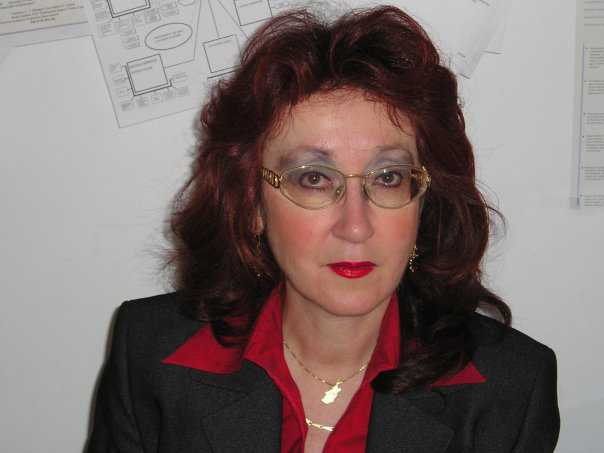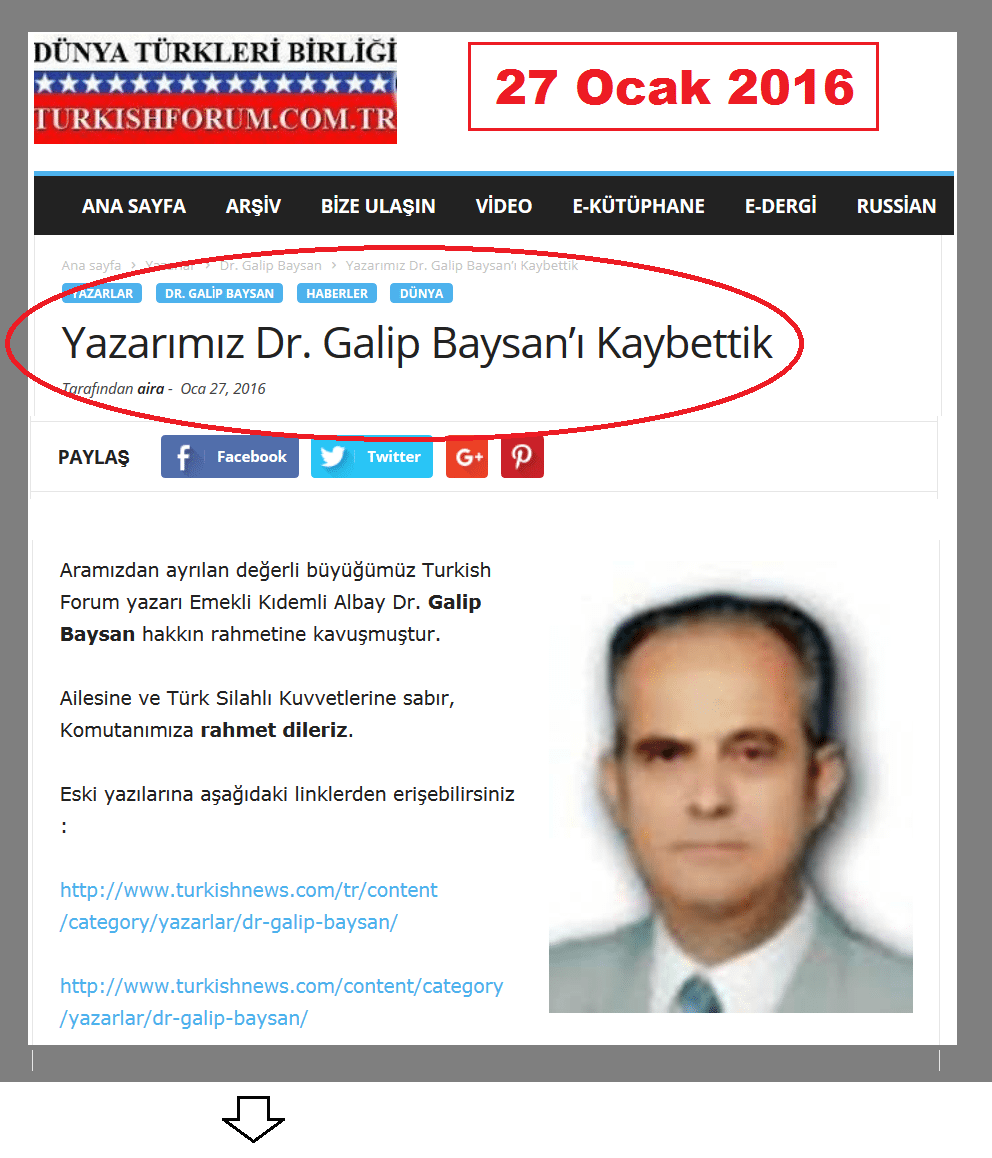
Remembering Ataturk
Assoc. Prof. Dr. Gul Celkan
It was 75 years ago on this day that the clocks stopped ticking, life came to a stall, the whole nation was in mourning after the loss of this Great Man, our Founding Father, the Father of the Turks, Mustafa Kemal Ataturk.
No other nation in the entire world has enjoyed such a leader, a great visionary who had devoted his whole life to the emancipation of his country from foreign rule. The Ottoman Empire had surrendered to the western powers hence allowing them to settle on Anatolian soil just for the sake of keeping the throne. The Sultan was not aware that he would lose all his power since the Sevr Treaty meant complete surrender.
Mustafa Kemal emerged as a great commander in Gallipoli defeating the foreign powers with a handful of army who fought to defend their own land. His military skills and confidence in the Turkish soldiers led to victory.
Following the defeat of the Ottoman Empire and its allies during World War I, the attempt of the victorious allies to control the Anatolian territory could not be accepted by Mustafa Kemal Pasha, and this led to wage war against all the occupying powers that is known as the Turkish War of Independence. During the four years of this epic war, women fought with ardor for their national liberation alongside the men, not just by providing support for the battle front, but also taking such roles as press advisor, interpreter and spokesperson. There are countless documents today that convey the tremendous contribution of women during this Great War, which ended with victory in 1923.
Following the proclamation of the Republic on October 29, 1923, Ataturk, with abiding faith in the vital importance of women in society, launched many reforms to give Turkish women equal rights and opportunities.
Among all the reforms he launched to make Turkey a modern and secular country, Ataturk attached utmost significance to the emancipation as well as the education of women.
On one occasion, he said, “It is our women who operated the life sources of the army made up of our men…” hence expressing the selfless work of women during the War.
Ataturk incessantly repeated on all occasions that it was the Turkish women who had prepared the means of living in the country, adding, “do let us cherish and honor forever these women of great souls and high feeling.”
Isn’t it ironical that while celebrating the 90th anniversary of the proclamation of our Republic, all our gains have started to be taken away from us, depriving us all the privileges granted to us by Ataturk through his Reforms?
“It is woman who gives man the earliest words of advise and education and who exercises on him the initial influences of motherhood,” and therefore abolishing ignorance is the only true path to salvation.
Ataturk, having traveled across Anatolia, witnessed first hand women’s attire and expressed his observations by stating that , ‘Not in villages but in towns and cities I saw our women friends cover their faces and eyes closely and carefully. Friends, this is partly due to our selfishness…our women are as intelligent and thinking people like us…”
More than 80 years ago Ataturk had said, “Do let them show their faces to the world…let them see the world closely through their eyes. There is nothing to fear about that…In some other places I see women covering their heads thereby hiding their faces and turn their back to the men passing by and sitting on the ground huddling up. Tell me gentlemen. What’s the meaning of this attitude?’
And currently, what a tragedy is it that women have started to cover themselves up, wear the turban, cover up their whole bodies with those ominous looking black sheets. Where are we heading to? Turkey, up until ten years ago, was a country that was living up to the western standards of the civilized world, and governed by secular principles.
Why had Ataturk implemented all those Reforms? “Reforms mean to demolish the institutions that caused the Turkish nation to fall behind. The nation is to advance according to the highest civilized principles..” Aren’t we forced to deviate from these principles now? And perhaps even worse than that the society is pushed into abandoning all of them and adopting religious laws. This is due to the fact that there is a government that believes religious norms should be followed in running the country, and hence they have integrated religion to education, to our daily lives. The culminating point was when the women wearing the turban found their way into the Parliament.
ATATURK had encouraged women to take up teaching as a profession since this position commands great respect in Turkey and many of the “new women” of Turkey went like pioneers to the remoter parts of the country, teaching in the schools and teaching the Principles of Ataturk and of the New Secular Turkish Republic.”
Being granted the right to vote and to be elected as early as the year 1934, Turkish women started to have a say in the government. Ataturk had expressed his great happiness upon seeing the women representatives in the Parliament as such: “ I WISH THE TURKISH WOMEN GREAT SUCCESS IN THE POLITICAL SPHERE INTO WHICH SHE HAS JUST ENTERED.”
Ataturk, the man who inspired so many free nations across the globe, wanted the Turkish women to acquire the same social status as men believing men and women had to co-exist, support and help each other…” When we think of the current situation, it is highly heartbreaking to see that all these privileges like going to school together, working together, sharing responsibilities are about to become history.
With Ataturk, Turkey benefited from a leadership that gave inspiration to the Turkish nation, farsightedness in the understanding of the modern world and last but not least courage and power. In no other country have women advanced this rapidly. Yet how ironic it is that present day Turkish women are suppressed by their male counterparts. However, being close followers of ATATURK’s principles and being aware that we owe our existence to him, we, the emancipated women of Turkey will not allow religion to intervene in our daily lives, and keep up with the western standards.
THE TURKISH NATION WILL NEVER FORGET YOU, MUSTAFA KEMAL ATATURK, THE GREATEST LEADER OF ALL TIME.
WE EXIST IN A FREE, SOVEREIGN AND SECULAR COUNTRY THANKS TO YOU.
WE SHALL NEVER DEVIATE FROM YOUR PRINCIPLES AND THEY WILL ALWAYS BE OUR GUIDING LIGHT.



